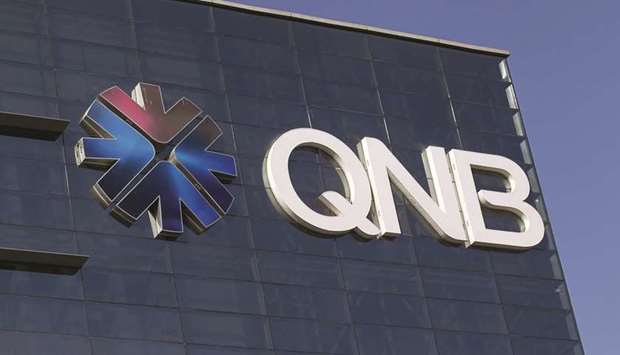Capital Intelligence (CI), an international credit rating agency, has affirmed the long-term foreign currency rating (LT FCR) and short-term foreign currency rating (ST FCR) of QNB at ‘AA-’ and ‘A1+’, respectively.
The lender has also been assigned a bank standalone rating (BSR) of ‘a-’, a core financial strength (CFS) rating of ‘a-’ and a “very high” extraordinary support level (ESL). The outlook for the LT FCR and BSR is “stable”.
The bank’s LT FCR is set three notches above the BSR to reflect the very high likelihood of extraordinary sovereign support in the event of financial distress. This is based on the government’s strong track record of support for Qatari banks.
Most recently, all banks were able to rely on an increase in government deposits to stave off any liquidity pressures following the Gulf crisis.
QNB’s BSR is based on a CFS rating of ‘a-’ and an operating environment risk anchor (OPERA) of ‘bbb’. The CFS rating is supported by the bank’s financial credit strengths of very strong capitalisation, very good asset quality and still good profitability at both the operating and net levels.
The overall capital adequacy ratio is high and of good quality despite a significant AT-1 (additional Tier-I) component. The rate of internal capital generation is also good, it said.
The very good asset quality is underlined by a low NPL (non-performing loans) ratio, low NPL growth and high and rising loan loss reserve and extended NPL coverage ratios.
The declining trends in profitability ratios weaken this as a supporting strength but ratios remain good and efficiency ratios are improving.
The ratings are also supported by a series of non-financial factors. The first is domestic franchise strength. QNB’s size means a dominant share of both loans and customer deposits.
The bank also has much more international reach than other Qatari banks. Although the two most important presences are via the Egyptian and Turkish subsidiaries, QNB also has a wide network of foreign branches and associates, adding diversification to both the loan portfolio and the funding base.
Being a very large bank in what is a relatively small market also limits QNB’s opportunities for domestic growth in both loans and deposits; going international has therefore been a necessity and it is likely that future growth will largely come from abroad, according to CI.
Another challenge is the dependence on foreign sources of funding (domestic loans are higher than domestic deposits). However these are widely diversified by type of instrument, by counterparty and by geographical origin and QNB retains ready access to the international markets.
“Both asset quality and capitalisation are expected to remain strong while both liquidity and profitability should remain satisfactory,” it said, adding as regards non-financial factors, “there is nothing currently present that would suggest a change in the Outlook was likely as a result.”
Business / Business
CI affirms long-term and short-term foreign currency ratings of QNB at ‘AA-’ and ‘A1+’

The QNB logo is seen on its building in Doha. CI has assigned a bank standalone rating (BSR) of ‘a-’, a core financial strength (CFS) rating of ‘a-’ and a u201cvery highu201d extraordinary support level (ESL), to QNB.

